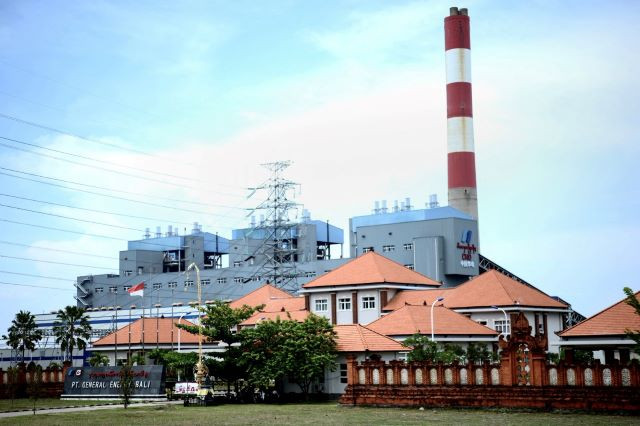Popular Reads
Top Results
Can't find what you're looking for?
View all search resultsPopular Reads
Top Results
Can't find what you're looking for?
View all search resultsRegretting our renewables
The government has not done enough to turn dreams for renewable into reality, or perhaps it never the will to make it happen in the first place.
Change text size
Gift Premium Articles
to Anyone
I
t is a disappointment to learn the government has chosen to abandon the 23 percent renewable target in the national energy mix that it was supposed to achieve by 2025.
When President Joko “Jokowi” Widodo signs the draft regulation, Indonesia will have its target slashed to 17 percent or a tad higher for the same period. This will leave Indonesia behind other entities like ASEAN, which aims to achieve 23 percent renewables next year.
Being one of the world’s largest carbon emitters, the setback displays not only a lack of responsibility, but also a half-hearted commitment to emissions reduction on the part of Indonesia, which should have led the region’s energy transition.
The government has admitted it has continuously failed to reach its renewable energy target every year over the past decade and it has to be realistic about the target the country can meet.
Being realistic is a legitimate option, but it does not have to justify lowering the target. It is the government that has not done enough to turn dreams for renewable into reality, or perhaps it did not have the will to make it happen in the first place.
The failure to achieve the target did not happen overnight, as the policy has been in place since 2014 and lots of experts have repeatedly warned the government it would fail if it did not take the target seriously.
Even with the revised target, experts have argued Indonesia is still likely to miss it, as the country falls short of real actions to expedite renewable projects.
One signal could easily be spotted in the lack of open bidding for renewable projects in Indonesia, which has become the responsibility of state-owned utility company PLN over the past few years.
Businesses, both foreign and domestic, have lamented how this makes it difficult for them to seek potential renewable projects and bring their investment into the country.
For years, Indonesia's renewable energy pricing remained unattractive to investors. Electricity sourced from renewables barely competes with artificially cheap electricity from coal plants, which benefit from government subsidies and compensation, both payable to PLN for keeping the prices low.
If removing the subsidies is not an option for the sake of popularity and to maintain economic stability, then the government must remember that it has the option of leveling the playing field by simply doing the same for renewable energy.
To date, Indonesia has also remained adamant in mixing manufacturing policy into the pursuit of developing renewables. Instead of killing two birds with one stone, in reality it just slows everything down.
Businesses have complained how hard it is to meet the local content requirement (TKDN) or to find local industries able to produce the components at the cost and quality they require.
Indonesia has accepted a similar situation when it comes to electric vehicles, with the government finally allowing imported vehicles to come in first to create demand, while the building of factories is left for much later on.
The same thing can happen with renewables, as investors have the right to ask, why bother setting up manufacturing facilities in Indonesia if there is little or no demand for renewables?
While it is true that PLN and the government are devising a far greener long-term electricity procurement plan, retiring early coal plants should still be considered as they have contributed to the country’s electricity oversupply, the effect of which has also prevented green electricity from coming into the grid.
This includes not just waiting for foreign funding to become available, but the state budget could also come into play in speeding up this process.
The government ought to realize that the country's slow renewable development will only hurt us all in the long run.
More and more consumers across the world are favoring products manufactured using green power and Indonesia’s slow transition will only cause the country to lose demand, especially if it is serious about downstreaming and exporting more than just natural resources.











